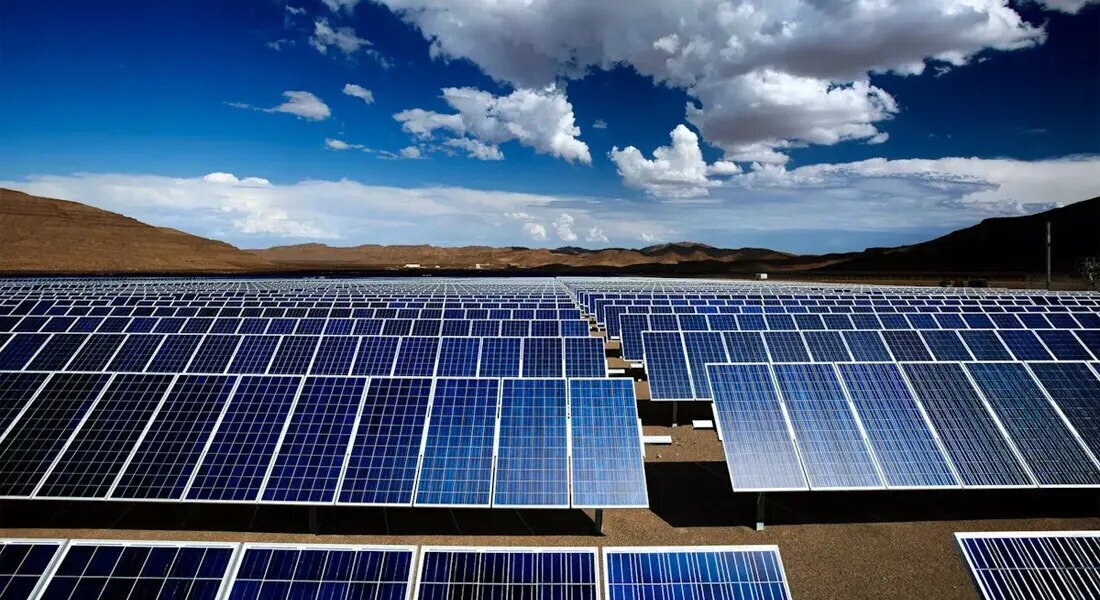Energy Ministry aims to add 1,000 MW of solar power monthly amid summer electricity crunch

TEHRAN – Iranian Energy Ministry plans to bring 1,000 megawatts of new solar power online each month during the hot season, a senior energy official said, as the country faces growing electricity demand driven by extreme summer heat.
Abdolamir Yaghoubi, Director General of Energy Affairs at the state-run Tavanir Company, said the imbalance between supply and demand is largely due to inefficient consumption patterns and outdated energy designs. “It’s like driving a gas-guzzling car—no matter how much fuel you have, you'll still face problems. The same logic applies to electricity,” he said.
To alleviate demand pressures, Yaghoubi suggested practical measures for households such as using fans alongside air conditioners, cooking during cooler hours, turning off unused appliances, installing reflective glass and double-glazed windows, and using external shades to block direct sunlight. “Small changes can have a major impact on electricity consumption,” he noted.
With its high solar irradiance levels, Iran is geographically well-positioned to expand its renewable energy footprint. Yaghoubi said that according to global solar maps, Iran ranks among countries with excellent solar exposure, making it ideal for sustainable electricity generation.
He confirmed that Iran met its July target of adding 1,000 MW of solar capacity and intends to maintain that pace in the coming months. “The legal and technical infrastructure for renewable energy development is already in place,” he added.
Yaghoubi pointed to regulatory incentives, highlighting revisions to Article 19 of Iran’s National Building Code, which now requires buildings taller than four stories to source part of their energy from renewables.
He also outlined financial incentives for households and private investors, noting that surplus solar electricity is purchased by the government at a rate of nearly 50,000 rials (about 10 cents) per kilowatt-hour and is tradable on the Iran Energy Exchange.
Despite efforts to boost generation, Yaghoubi warned that unchecked consumption habits could undermine stability. “If we don’t reform usage patterns, expanding capacity alone won’t solve the imbalance—it may even worsen it,” he said. “The future of a stable grid depends on behavioral change and efficiency-driven design.”
EF/MA
Leave a Comment